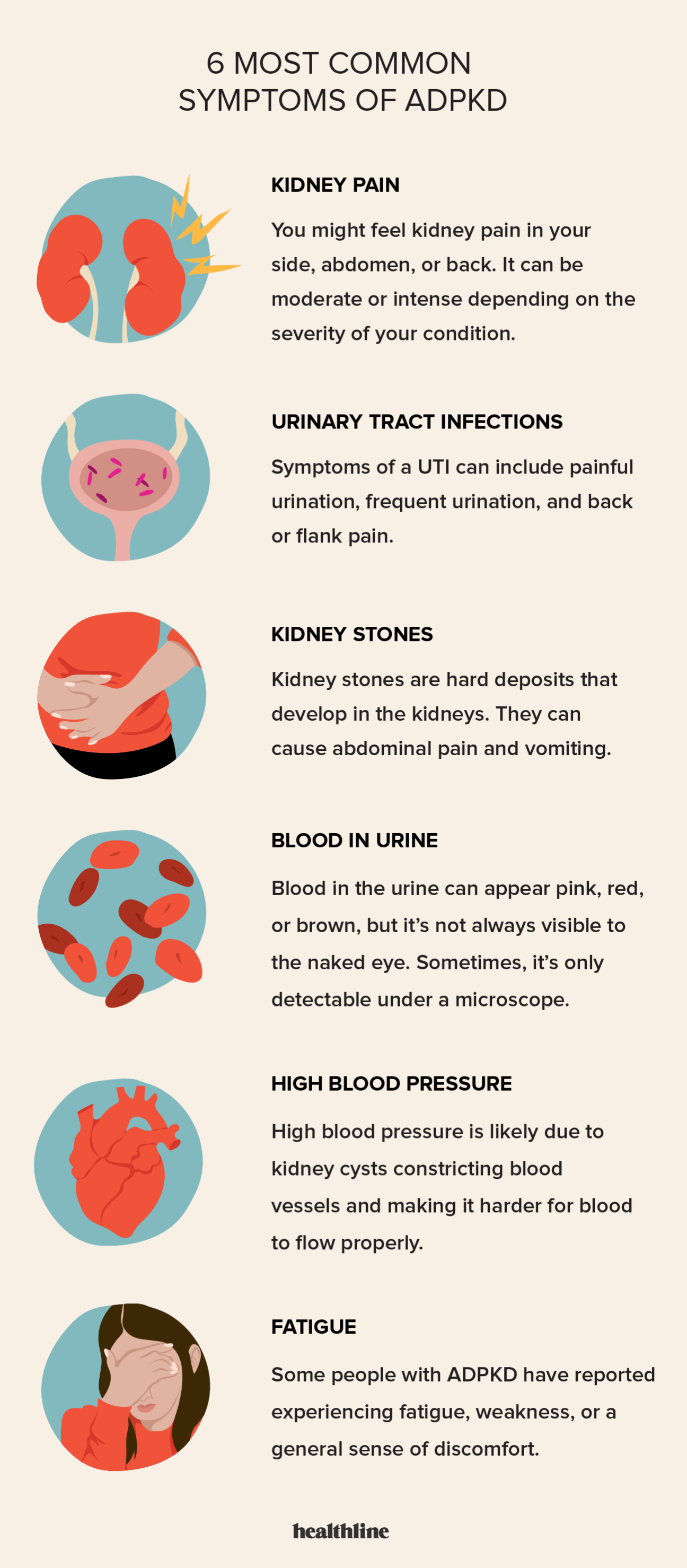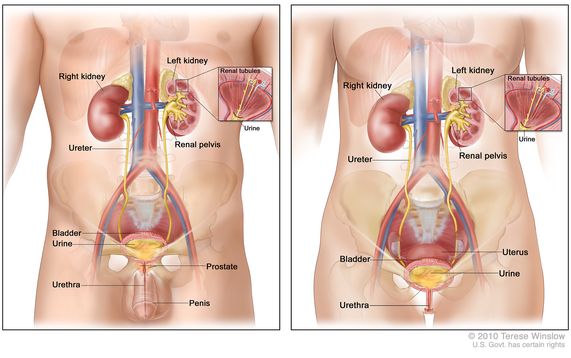Exploring the Manifestations and Causes of Kidney Stones in Contrast to Urinary System Infections: A Detailed Overview
The expedition of kidney stones and urinary system system infections (UTIs) exposes a complicated interaction of symptoms and underlying reasons that warrant cautious evaluation. While both conditions can result in hematuria, they present distinctive scientific features and emerge from different etiological variables. Understanding the nuances of each problem is vital for effective diagnosis and administration. What are the essential differences in their signs and symptoms, and how might these inform treatment strategies? The solution to these inquiries may provide important insights right into the prevention and treatment of these common urological problems.
Overview of Kidney Stones
Kidney stones, additionally recognized as kidney calculi, type when particular substances in the urine crystallize and aggregate, bring about the development of hard down payments within the kidneys. These rocks can vary in size, varying from a grain of sand to a golf round, and can be composed of different products, the most common being calcium oxalate, uric acid, struvite, and cystine. The formation of kidney rocks is affected by several factors, consisting of nutritional behaviors, fluid intake, and hereditary proneness.
Symptoms of kidney rocks might consist of extreme discomfort in the back or side, blood in the urine, nausea, and constant urination, especially as the rock moves via the urinary system. Diagnosis typically entails imaging researches such as ultrasound or CT scans, alongside urinalysis to determine the rock's make-up.
Therapy alternatives vary based upon the size and type of stone, in addition to the seriousness of symptoms (Kidney Stones vs UTI). Little stones may pass normally with boosted liquid consumption, while larger stones might call for medical interventions such as lithotripsy or surgical removal. Recognizing the pathophysiology and threat factors connected with kidney stones is necessary for effective avoidance and management
Review of Urinary System Tract Infections
Urinary system infections (UTIs) are common bacterial infections that influence any type of component of the urinary system, consisting of the kidneys, ureters, bladder, and urethra. They mainly take place when germs, frequently from the intestinal system, enter the urinary system, resulting in swelling and infection. UTIs are classified right into 2 main kinds: challenging and straightforward. Straightforward UTIs commonly happen in healthy and balanced individuals with normal urinary tracts, while complex UTIs might arise in individuals with hidden conditions, such as structural irregularities or compromised body immune systems.
The prevalence of UTIs is notably greater in females than males, largely due to anatomical distinctions, such as a shorter urethra. Threat factors consist of sex, certain contraceptive methods, urinary retention, and dehydration. The medical diagnosis of UTIs is typically validated with urine examinations, which may reveal the presence of bacteria, white blood cells, or red cell.

Symptoms of Kidney Stones
The pain connected with kidney rocks can materialize in numerous means, commonly leading individuals to seek clinical focus. Among one of the most common signs and symptoms is severe discomfort, commonly local in the reduced back or side, which might radiate to the abdominal area or groin. This discomfort, often explained as sharp or cramping, can take place suddenly and might change in strength.
Additionally, individuals might experience hematuria, or blood in the urine, which can range from tiny quantities to noticeable staining. This signs and symptom may be accompanied by adjustments in urinary habits, such as enhanced regularity or urgency, as directory well as pain during peeing. Nausea and throwing up are likewise widespread, commonly arising from the body's reaction to intense pain.
In some situations, people might experience high temperature and chills, specifically if a second infection creates due to the blockage triggered by the rocks. On the whole, the mix of severe discomfort, hematuria, modified urinary system patterns, and intestinal signs can offer substantial insight into the presence of kidney rocks, warranting timely clinical evaluation and intervention. Understanding these symptoms is vital for timely diagnosis and efficient administration of the Get More Information condition.
Signs And Symptoms of Urinary System System Infections
Infections within the urinary system tract frequently provide a series of distinct signs that can dramatically influence life. The most usual symptoms consist of a persistent impulse to pee, commonly accompanied by a burning sensation throughout peeing, known as dysuria. People may also experience increased regularity of peeing, creating percentages of urine each time.
Other noteworthy signs include cloudy or reeky pee, which might indicate the presence of bacteria or pus. In some cases, urine might appear red or pink due to the visibility of blood, a problem referred to as hematuria. In addition, individuals may experience pelvic pain or pressure, which can even more intensify the sensation of urgency.
Systemic symptoms might likewise materialize, such as high temperature, cools, and tiredness, particularly if the infection has ascended to the kidneys. It is important to identify these signs early, as neglected urinary system tract infections can cause a lot more severe issues. Kidney Stones vs UTI. Motivate clinical focus is advised when these signs and symptoms are observed, permitting appropriate diagnostic analysis and therapy to relieve discomfort and prevent further health and wellness problems
Causes of Each Condition
Often, kidney rocks and urinary system tract infections emerge from distinctive yet in some cases overlapping reasons that can influence individuals in a different way. Dehydration, insufficient fluid intake, and high-sodium diets can exacerbate these conditions, promoting formation within the urinary tract.

Comprehending these unique causes is critical for prevention and therapy. Kidney Stones vs UTI. While way of life modifications may reduce the risk of kidney rocks, suitable hygiene and timely treatment of urinary system tract infections are essential for lowering their reappearance and connected difficulties
Final Thought
In recap, kidney rocks and urinary system system infections present unique symptoms and underlying reasons. Kidney rocks are identified by extreme discomfort and metabolic elements, while urinary system infections primarily involve microbial infections bring about urinary system seriousness and pain. Although both conditions can result in hematuria, their formation systems differ substantially. Understanding these distinctions is vital for reliable medical diagnosis and therapy, eventually enhancing person end results for those impacted by either condition.
The expedition of kidney rocks and my explanation urinary tract infections (UTIs) discloses an intricate interaction of symptoms and underlying reasons that warrant careful examination.Urinary tract infections (UTIs) are common microbial infections that impact any part of the urinary system, including the kidneys, ureters, bladder, and urethra.Often, kidney stones and urinary system system infections emerge from distinct yet often overlapping causes that can impact individuals differently.In recap, kidney rocks and urinary tract infections existing unique symptoms and underlying reasons. Kidney stones are characterized by serious pain and metabolic elements, while urinary system infections primarily include bacterial infections leading to urinary system necessity and discomfort.